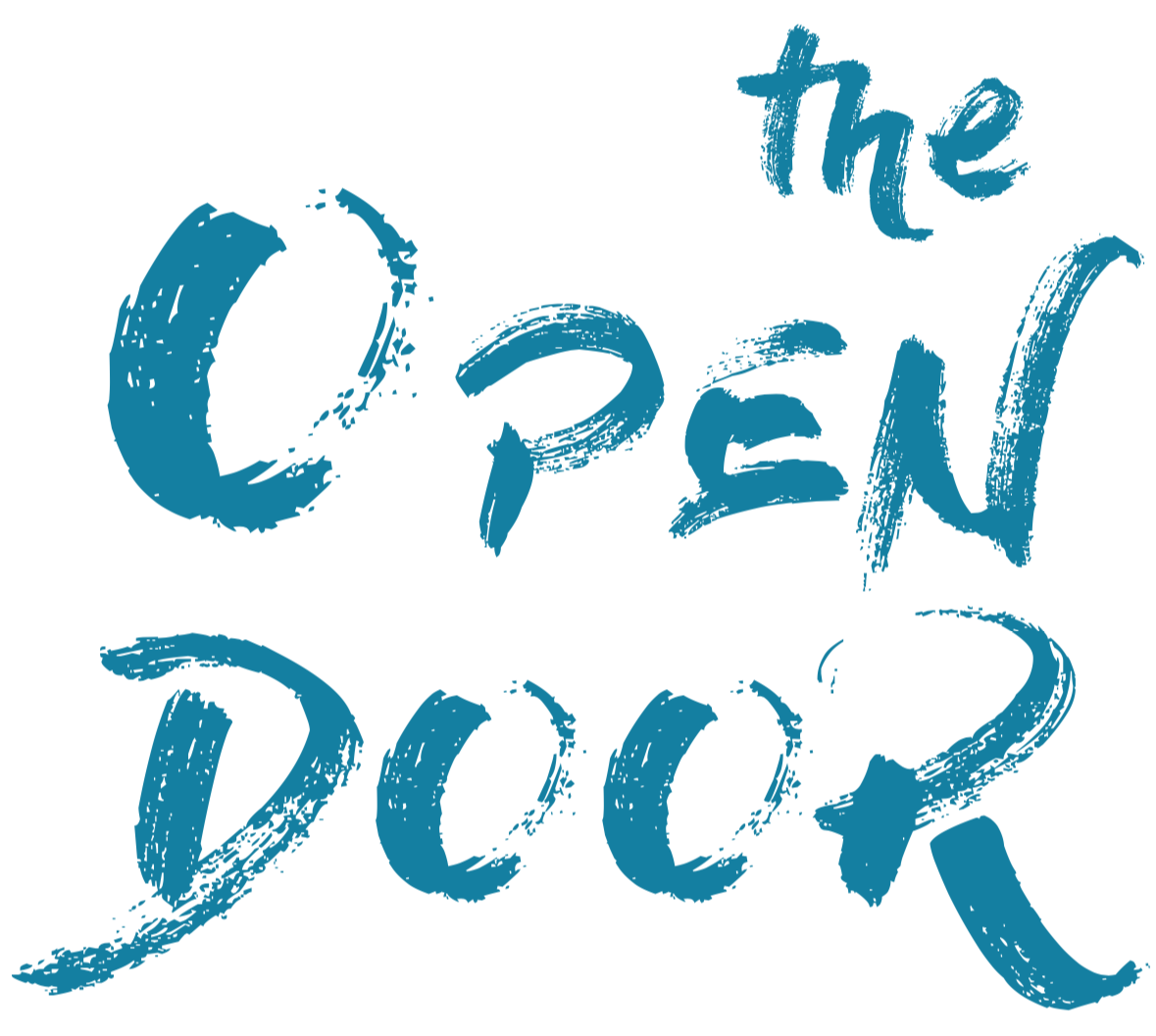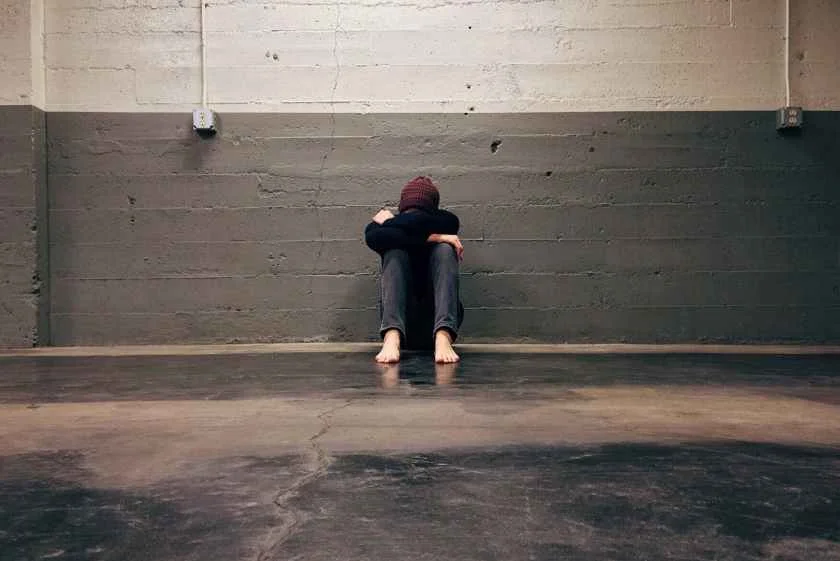A BRIEF HISTORY OF PILATES
Joseph Pilates, was born in 1880 near Düsseldorf, Germany. As a child, he was subject to numerous illnesses which gave him the determination to be strong and healthy. He took up body-building, boxing and gymnastics to the point where by his teens he was getting work as a model for anatomical drawings. He explored and practised every kind of exercise he could and studied both Western and Eastern ideas about health and physical fitness and recorded the results. Dedicated to his task, he also practised the Eastern disciplines of yoga, tai chi, martial arts and Zen meditation. Additionally, he studied anatomy and animal movements.
In 1912 he travelled to England as a circus performer and self-defence trainer. When World War I broke out, he was interned in a camp on the Isle of Man. There, he developed a fitness programme for his fellow internees in order to maintain their health and fitness levels whilst being held in confinement. During his internment, he began devising apparatus to help in the rehabilitation of the sick and injured. The legacy of which can be seen in apparatus, such as the reformer and cadillac, both of which are fashioned around the shape of bed frame. Although, there are many fully equipped studios around the world, most people are more familiar with the repertoire on the mat.
Read More
INSPIRITUAL REALISATION
A course for a real connection with your spirit
This ongoing course of evening groups foster an ongoing and intimate connection with your spirit. If you are looking for a close fellowship with your spirit in your life, these ongoing sessions can help you realise that.
Rooted in practical experiential methods such as Spiritual Unity attunement, Internal Alchemy meditations, and heart-centered communion practices, these fortnightly meetings will assist you to:
Realise your spiritual potential
Access your innate spiritual resources
Cultivate a trusting alliance with your spirit
Drop deep into your heart to feel the love and presence of your spirit
Let go and relax in your spirit to feel held, nurtured, comforted and healed
Open up to experience a deeper oneness with the One/Whole
Read More
Perfectionism in social anxiety
Ellen Hendriksen writes in her book on Social Anxiety, ‘How to Be Yourself’, that part of what drives social anxiety is a kind of social perfectionism.
Perfectionism. Well, it’s all about being perfect; impossibly high standards that one rarely manages to quite meet, leaving you in a cycle of unsteady highs followed by shame, self-criticism and depression, all against the backdrop of ever-increasing anxiety.
Read More
Mindfulness Stress Reduction Course
How are you feeling right now?
Do you feel overwhelmed with life and hope that mindfulness will show you how to avoid what feels like an emotional avalanche?
Are you moving through your days in top gear without being able to shift down? Or the reverse, do you feel stuck and unable to gain any motivation to get going?
Has a life event just happened that has made you stop and look at your life and its relentless business? Have you noticed symptoms of panic, stress, anxiety, depression or unexplained pain?
Have you been using addictive behaviours of over eating, drinking too much alcohol or shopping to change the way you feel?
Does any of this sound familiar? If so, this mindfulness course if for you!
Read More
MINDFUL EATING (forthcoming workshops in March and April with Jan Eaton)
Eating is a very complex activity, and many of us have a poor relationship with food. In our busy lives we often don’t pay enough attention to the experience of eating, and this can lead to a loss of enjoyment of food, a chaotic style of eating, and over- or under-eating.
We have lost the ability to eat when we’re hungry rather than according to the clock, and to stop when we’re full. Most of us are familiar with comfort eating, of being persuaded to have another piece of cake when we don’t really want it, of being tempted to eat more than we need at a party, or of eating whilst surfing the internet or watching TV.
Read More
Breathing into wholeness
Over the years people have repeatedly asked me what happens during a breathing session. Why and how does it work? And what are the benefits of doing this work?
By writing this article I’m hoping to provide a deeper understanding to what the potential is of your breath. It’s my intention to inspire you to take a step and come and forge a deeper understanding and relationship with your breath in one of my workshops!
Read More
CRANIOSACRAL THERAPY AND RECOVERY FROM SURGERY AND ANAESTHETIC
Steve Bonnelucq-Lane
In my Craniosacral Therapy practice, I often meet clients preparing and recovering from surgery. For 12 years, I also practiced as a Craniosacral Therapist in a hospital in Brighton where I worked alongside medically trained colleagues supporting patients post-surgery. While most people recover well, some experience a range of sensations and feelings that can be disorienting and distressing if left unresolved. Here are some common experiences I’ve encountered and a description of how I support recovery from surgery and anaesthetic with Craniosacral Therapy.
Read More
In the News!
We are happy to share that Viva Lewes, a guide to what’s what in Lewes, has chosen to dedicate a 2 page spread to The Open Door and the Clinic Manager, Will Wheen!
Read More
It's Christmas! Will you enjoy it or merely survive it?
ALEXANDER TECHNIQUE MIGHT JUST MAKE THE DIFFERENCE
Christmas is supposed to be a happy time, but many find it stressful. You’re expected to buy presents and special foods, to attend and host social gatherings while still doing your job, and to spend time with relatives you may not like very much. Ironically enough, those who do not experience these demands may feel neglected, useless, and lonely.
We probably can’t change the things that cause us stress, but we CAN alter our response to these stressors. You may have heard this before and that’s because it’s true! Your family members will know exactly how to ‘push your buttons’ to provoke a reaction. Do you have to follow the same old routine in response, or could you pause – for just a moment – and consider taking an alternative path?
Read More









